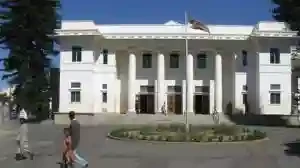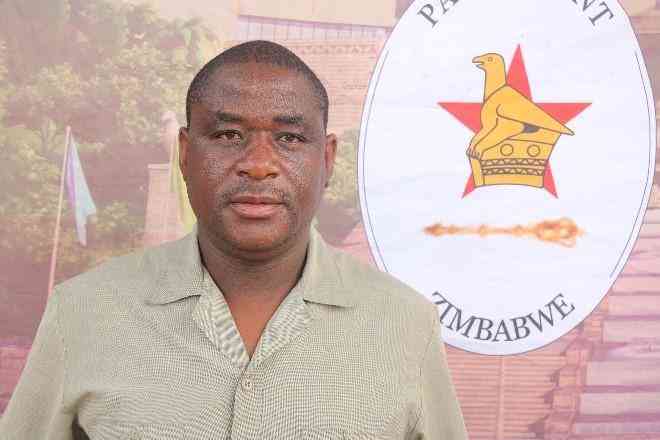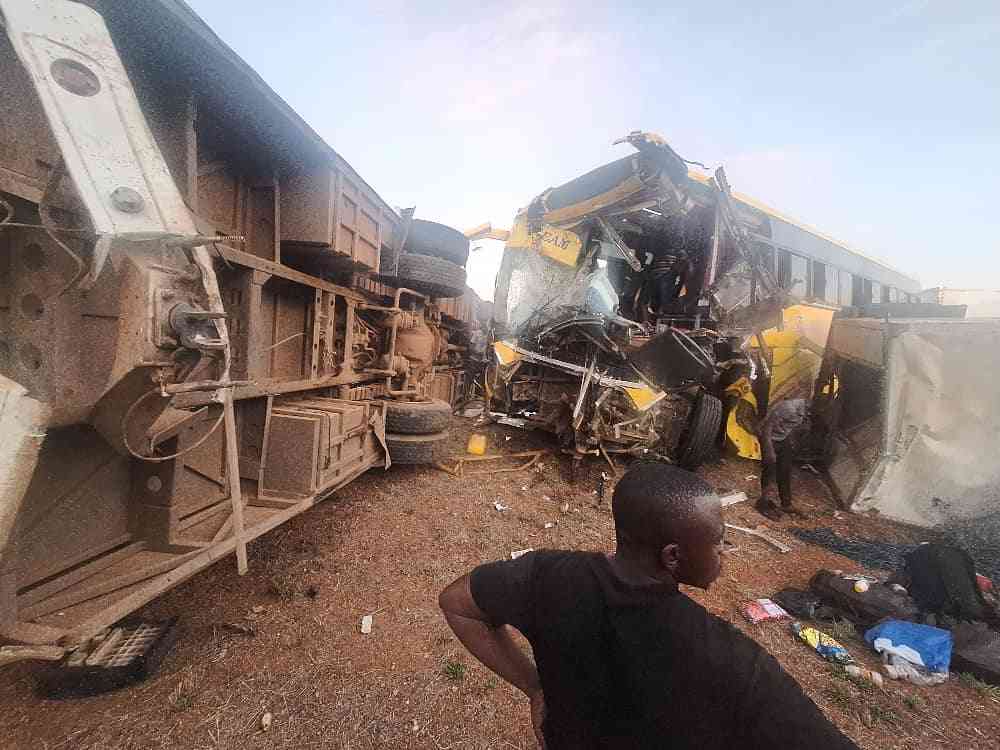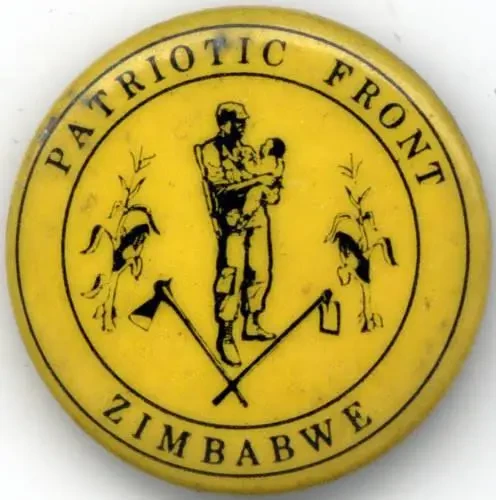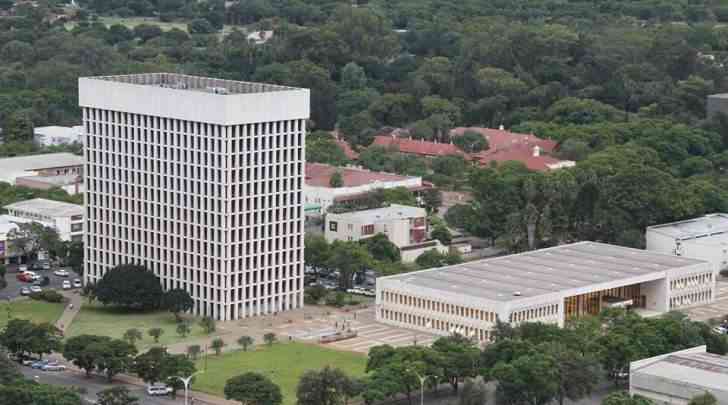
BULAWAYO City Council (BCC) has accused vendors of practising open defecation on central business district (CBD) streets and sanitary lanes.
According to the latest full council minutes released yesterday, the local authority said the situation is worrying in the wake of the nation fighting a cholera outbreak.
“A complaint was received concerning vendors in the CBD, Fifth Avenue area, who were practising open defecation and bathing in the sanitary lanes. An inspection of the sanitary lanes was done and heaps of faeces were seen in the sanitary lanes,” the minutes read.
“The area was smelly and flies had become a nuisance. Some of the vendors were found sorting their wares (food) in the sanitary lanes. This was a worrying situation in view of the fact that the country was struggling with a cholera outbreak. The vendors who were fouling the area were coming from all over the country which exposed the residents and visitors to Bulawayo to possible infection.”
The council noted that the situation along Fifth avenue required engagement of the security forces.
“In the meantime, the department had engaged Bulawayo municipal police for assistance in dealing with the issue,” the minutes read.
BCC is facing challenges of driving illegal vendors out of the CBD, despite erecting vending bays in high density suburbs and specified zones.
On the environmental surveillance sampling, council said 10 samples were collected from various water sources in diarrhoea affected areas and sent to the Midlands State University’s National Pathology Laboratory for analysis.
- Uproar over census figures
- Byo Arts Festival in turmoil…One year later, festival has yet to pay artists…Organisers play cat and mouse with artists
- Bulawayo struggles to clear housing backlog
- Council acts tough on debts
Keep Reading
“Fifty percent of the samples were contaminated, 30% of the water sources were faecally contaminated,” the minutes read.
On water quality monitoring Routine Sampling, the council said a total of 60 routine samples were collected and sent to Criterion Laboratory for analysis.
“Twenty-eight (46%) of the samples had unsatisfactory results. The water (rationing) programme both scheduled and unscheduled affected the sampling programme,” said council.

